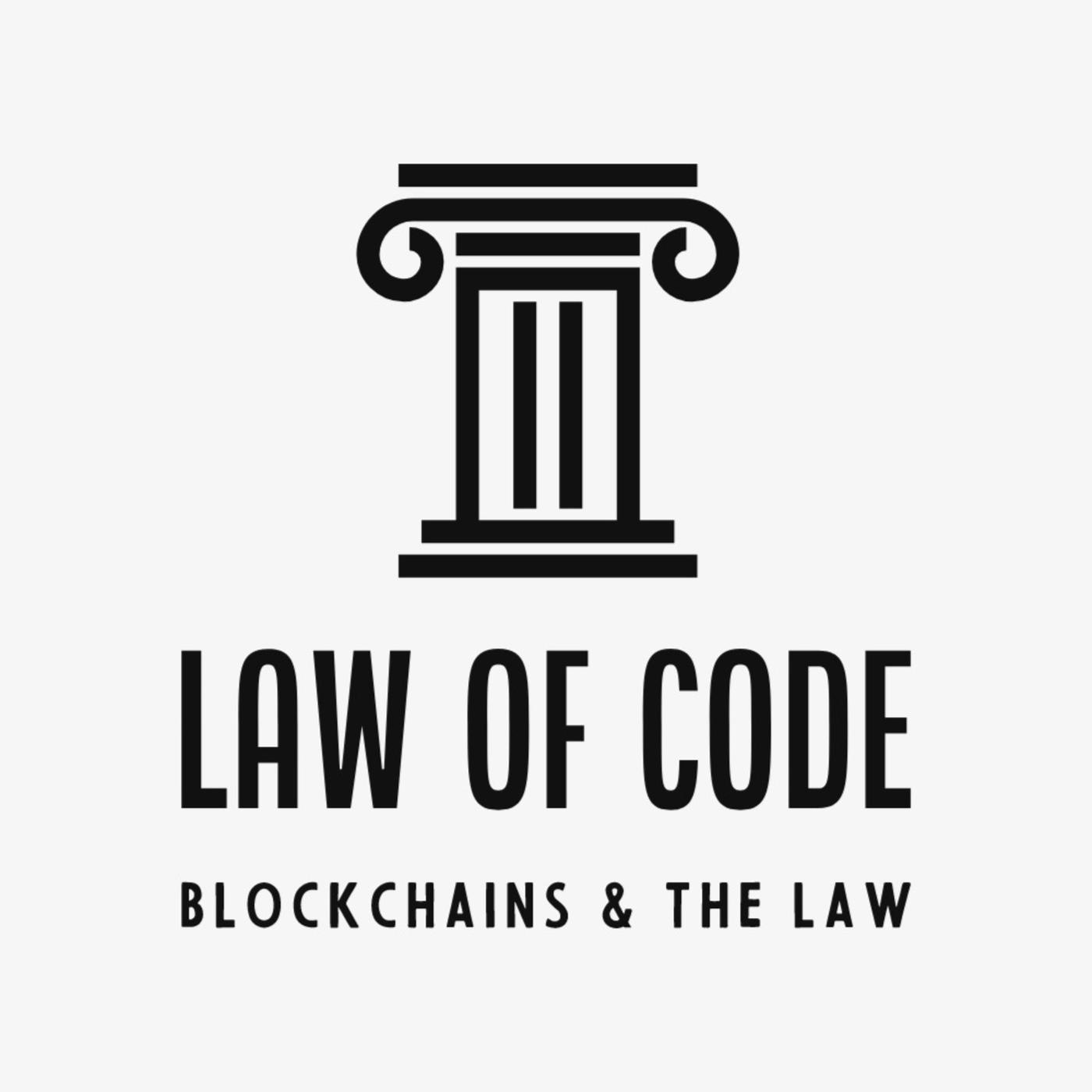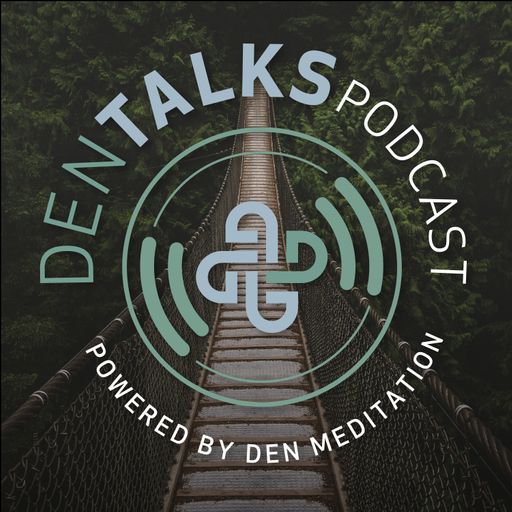Stablecoins are no longer a side story — they’re on the path to becoming the backbone of global digital finance.
To unpack what the GENIUS Act means for the U.S. dollar, stablecoin issuers, and banking competition, I sat down with Austin Campbell, Founder and Managing Partner of Zero Knowledge Consulting and an Adjunct Professor at Columbia Business School.
Austin previously led Stable Value Trading at JP Morgan, co-headed Digital Asset Rates Trading at Citi, and served as Head of Portfolio Management at Paxos.
In this episode, Austin explains the key provisions of the Genius Act, the misconceptions around the “interest” prohibition, and how competition between currencies could expand freedom — and reshape the global economy.
Timestamps:
➡️ 00:00 — Intro
➡️ 00:46 — Sponsor: Day One Law
➡️ 01:09 — Austin’s path from Wall Street to crypto
➡️ 05:40 — Why the Genius Act is the most important bipartisan financial law since Dodd-Frank
➡️ 10:31 — Stablecoins as global infrastructure for the U.S. dollar
➡️ 15:14 — Key pillars of the Genius Act: reserves, insolvency, and compliance
➡️ 26:20 — Privacy, enforcement, and what Genius gets right
➡️ 37:19 — The “interest” prohibition — and the exception most people missed
➡️ 45:00 — What comes next for stablecoin issuers and U.S. regulators
& much more.
Sponsor: This episode is brought to you by Day One Law, a boutique law firm helping crypto startups navigate complex legal challenges. Subscribe to Day One’s free monthly newsletter for legal and regulatory updates.
Resources:
📄 Crypto and the Evolution of Capital Markets paper.
🎧 Law of Code episode #145 with Tuongvy Le (@TuongvyLe12).
📰 Austin's Zero In Newsletter
🌐 Zero Knowledge Consulting
Disclaimer: Nothing in this podcast is legal advice. The views expressed are those of the host and guest and do not necessarily reflect those of their organizations. Always consult your own counsel before making legal decisions.











